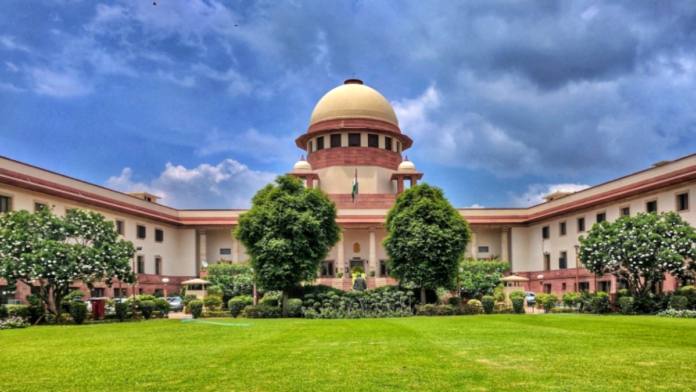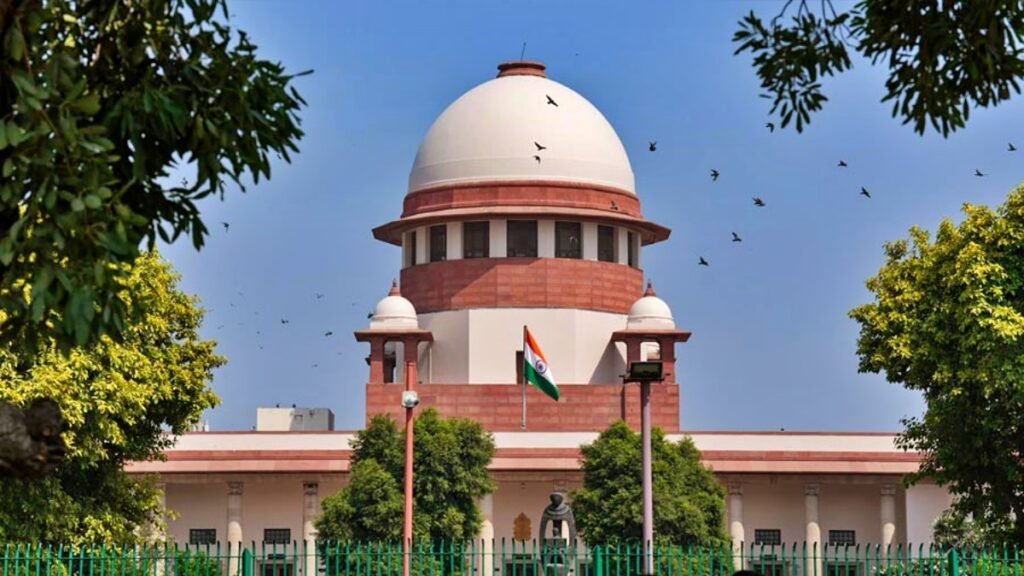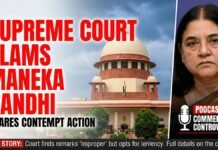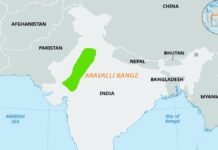
New Delhi: The Supreme Court on Monday raised critical questions about the sustainability of free or subsidized ration distribution under the National Food Security Act, 2013 (NFSA) and stressed the need to prioritize employment creation and capacity-building for migrant workers. The court expressed concern over the prolonged reliance on such welfare measures, which currently cover 81 crore people across India.
During the hearing, a bench comprising Justice Suryakant and Justice Manmohan questioned the government’s approach, remarking, “Till when can free facilities be given? Why don’t we focus on creating job opportunities for these migrant workers?”
Taxpayer Burden and Widening Welfare Net
Solicitor General Tushar Mehta and Additional Solicitor General Aishwarya Bhati, representing the central government, informed the court that the massive scale of free or subsidized ration benefits nearly 60% of the population, leaving taxpayers as the sole contributors. The bench responded with surprise, highlighting the systemic dependency on welfare rather than empowering individuals through employment.
Senior advocate Prashant Bhushan, representing an NGO, argued that free ration distribution should be extended to all migrant workers registered on the “e-Shram” portal. He emphasized the necessity of issuing directives to states and union territories for ration card distribution to ensure equitable access to welfare benefits.
Tensions Over Ration Card Distribution and State-Center Dynamics
The court noted a potential mismatch in the execution of welfare schemes, observing that states may use ration card distribution as a means to attract migrants, relying on the Centre to provide free ration. Justice Suryakant remarked, “The moment we direct states to distribute free ration to all migrant workers, they will issue cards and push the responsibility onto the Centre.”
Prashant Bhushan added that the absence of an updated 2021 Census data was hindering accurate identification of beneficiaries, forcing reliance on outdated 2011 Census figures. The bench cautioned against creating a Centre-State divide, warning that it could lead to further complications in implementing welfare schemes.
Heated Exchanges Highlight Systemic Challenges
The hearing witnessed a sharp exchange between Solicitor General Mehta and advocate Bhushan. Mehta accused certain NGOs, including Bhushan’s, of being more focused on legal battles than providing tangible relief during the COVID-19 pandemic. In response, Bhushan criticized Mehta for attempting to discredit his organization by referencing emails that had been disclosed in court.
Justice Suryakant intervened to calm the escalating argument, emphasizing that the focus should remain on resolving the challenges faced by migrant workers. The matter was adjourned for a detailed hearing on January 8, 2024.
COVID-Era Orders and Future Implications
Mehta reiterated that the court’s earlier directives for free ration distribution were issued during the exceptional circumstances of the pandemic and that continuing such measures indefinitely was neither sustainable nor aligned with the statutory framework of the NFSA. He assured the court of the government’s commitment to balancing welfare provisions with systemic reforms.

The Supreme Court also acknowledged the unique difficulties faced during the pandemic but highlighted the necessity of transitioning towards solutions that focus on employment generation and long-term economic recovery for the nation’s vulnerable populations.
Key Takeaways and Future Outlook
This case underscores a pressing debate between welfare dependency and economic empowerment. The apex court’s emphasis on job creation signals a potential shift towards sustainable solutions for addressing migrant workers’ challenges. The detailed hearing scheduled for January will likely set the tone for future welfare policies, balancing the rights of vulnerable communities with fiscal responsibility and national economic goals.















































